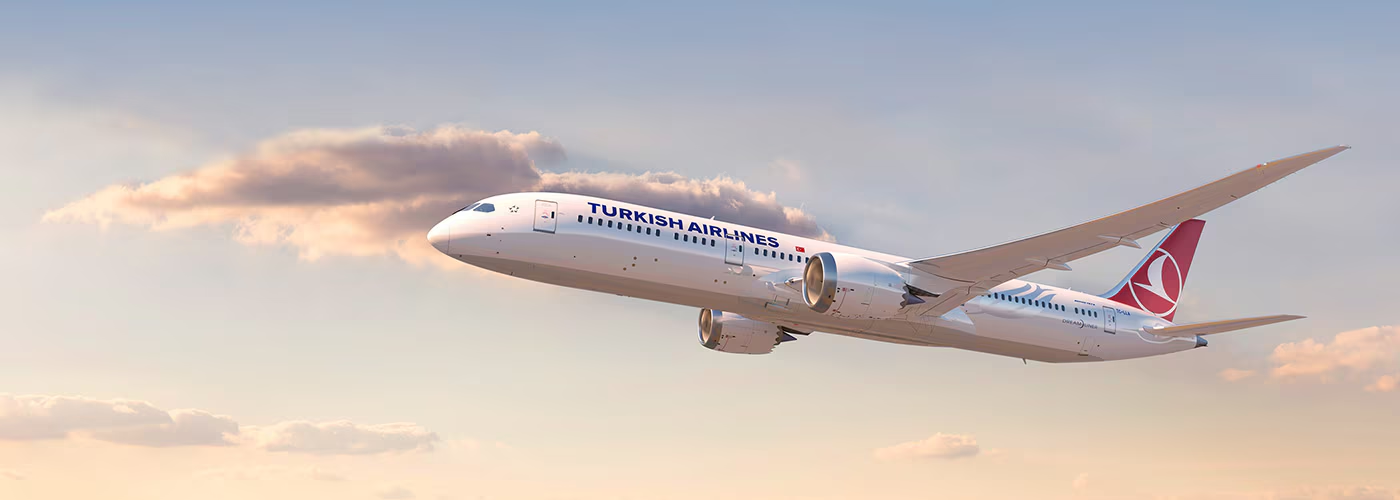Why Does Delta Air Lines Favor Airbus for Its Fleet?
Have you ever wondered why Delta Air Lines’ fleet strategy deviates from the norm among U.S. carriers, by favoring Airbus for its fleet? Let’s figure it out.
A Comprehensive Airbus Fleet

Delta’s dedication to Airbus is evident in its extensive fleet, encompassing nearly all the European manufacturer’s aircraft families:
- A220 Family: Delta operates both variants, the A220-100 and A220-300.
- A320 Family: The fleet includes the A319, A320, A321ceo, and A321neo models.
- A330 Family: Delta flies the A330-200, A330-300, and A330-900neo.
- A350 Family: The A350-900 is Delta’s current flagship aircraft, with the A350-1000 set to enter service in 2026.
Delta’s fleet choices are deliberate, focusing on economic efficiency and operational reliability. The airline has steered clear of less popular Airbus models such as the A318, A319neo, A330-800, and A380, which are known for their subpar operating economics.
Boeing Dominance Among U.S. Rivals

Contrasting Delta’s strategy, other major U.S. airlines display a strong preference for Boeing widebodies. American Airlines exclusively operates the Boeing 787 Dreamliner and 777, while United Airlines features all three variants of the 787 and has extensive orders for more. On the narrowbody side, all three legacy carriers operate a mix of Airbus A320 and Boeing 737 families. Notably, Delta complemented its narrowbody fleet with an order for 100 Boeing 737 MAX 10s in 2022, underscoring its commitment to fleet diversity.
However, Delta’s adoption of Airbus widebodies, such as the A330neo and A350, sets it apart. While JetBlue Airways and Breeze Airways have embraced the A220, Delta remains the sole U.S. legacy carrier to make Airbus widebodies a central part of its long-haul operations.
Practicality Over Patriotism

Delta’s preference for Airbus isn’t rooted in an anti-Boeing stance but rather in practical considerations. The airline focuses on acquiring aircraft that best align with its operational needs. For instance, Delta inherited much of its A330 fleet from its merger with Northwest Airlines and continued investing in the type due to its efficiency. The A330-300, for example, was described as being 15-25% more fuel-efficient than the Boeing 767-300 and 747-400 it replaced. This sentiment was echoed by Delta CEO Ed Bastian, who emphasized the A330’s ability to enhance customer experience and operational reliability.
Similarly, the A350’s appeal lies in its exceptional fuel efficiency and compatibility with Delta’s long-haul network. The A350’s common type rating with the A330 allows pilots to transition between the two in just eight days without full flight simulator sessions. This operational flexibility further justifies Delta’s decision to expand its A350 fleet.
A Well-Rounded Fleet Strategy

While Delta’s widebody fleet leans heavily towards Airbus, its adoption of the A220 exemplifies its nonpartisan approach to aircraft selection. Originally developed by Bombardier as the CSeries, the A220 filled a critical gap for Delta, replacing its aging Boeing 717s. Boeing lacked a competitive alternative at the time, making the A220 a natural choice. As Bastian explained, the A220 offered superior fuel efficiency, range, and versatility.
Notably, Delta once had an order for Boeing 787s inherited from Northwest Airlines. However, the airline canceled the order to focus on its Airbus investments. This move aligned with Delta’s fleet strategy to streamline operations and maximize compatibility across aircraft types.
Boeing’s Continued Role

Despite its strong Airbus partnership, Delta continues to value Boeing’s contributions. The airline’s order for 100 737 MAX 10s reflects its commitment to maintaining a balanced fleet. With 240 Boeing 737s already in service, the MAX 10 will seamlessly integrate into Delta’s operations, complementing its existing 737-800s and 737-900ERs.
Delta’s fleet modernization strategy underscores its commitment to operational efficiency, customer experience, and long-term sustainability. The airline’s preference for Airbus widebodies, driven by compatibility and economics, doesn’t overshadow its continued reliance on Boeing narrowbodies. By prioritizing practicality over manufacturer loyalty, Delta sets itself apart as a carrier that strategically selects aircraft to meet its unique operational needs.
Sources:
- Simple Flying
- Featured image by Delta News Hub
Youssef Yahya is the CEO and Founder of Aviation for Aviators, a platform dedicated to the aviation industry. With over 3 years of experience as an aviation writer, Youssef is passionate about sharing his insights on aviation, entrepreneurship, and the broader business landscape. As a Teaching Assistant in Entrepreneurship at Nile University, he also nurtures the next generation of entrepreneurs. When he’s not exploring the skies or business ventures, you can find him saying, ‘Drag your coffee, and let’s talk aviation, entrepreneurship, and football.’
You might also like:
- Delta Air Lines Orders 20 Airbus A350-1000 Aircraft
- Which Is The Best Airline To Fly Direct From London To New Delhi?
- Life-Saving Technology: The F-35B’s Automatic Ejection System
- EASA Completes Boeing 737 MAX Test Flights
- Tips to learn how to fly on budget
Discover more from Aviation for Aviators
Subscribe to get the latest posts sent to your email.














Leave a Reply